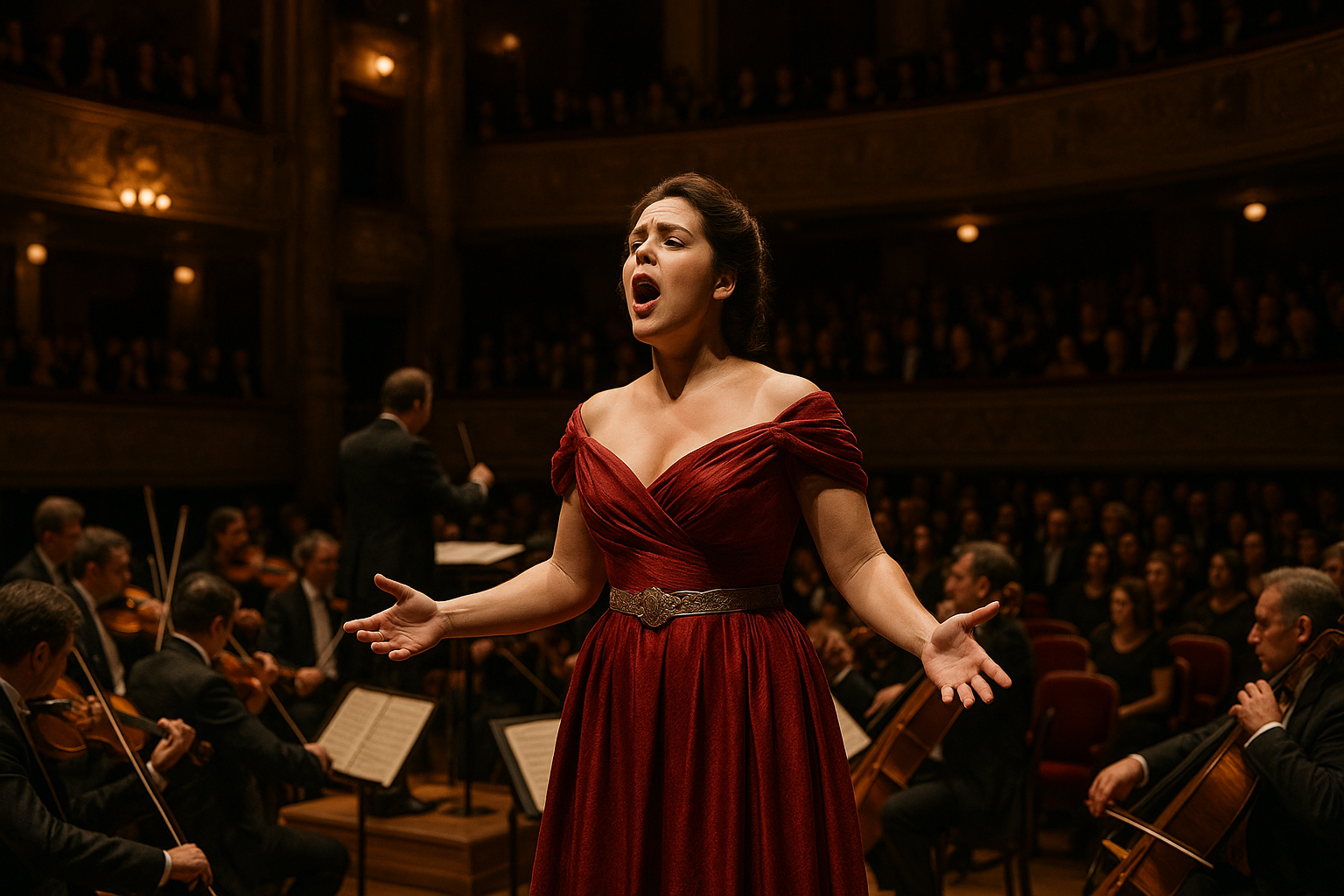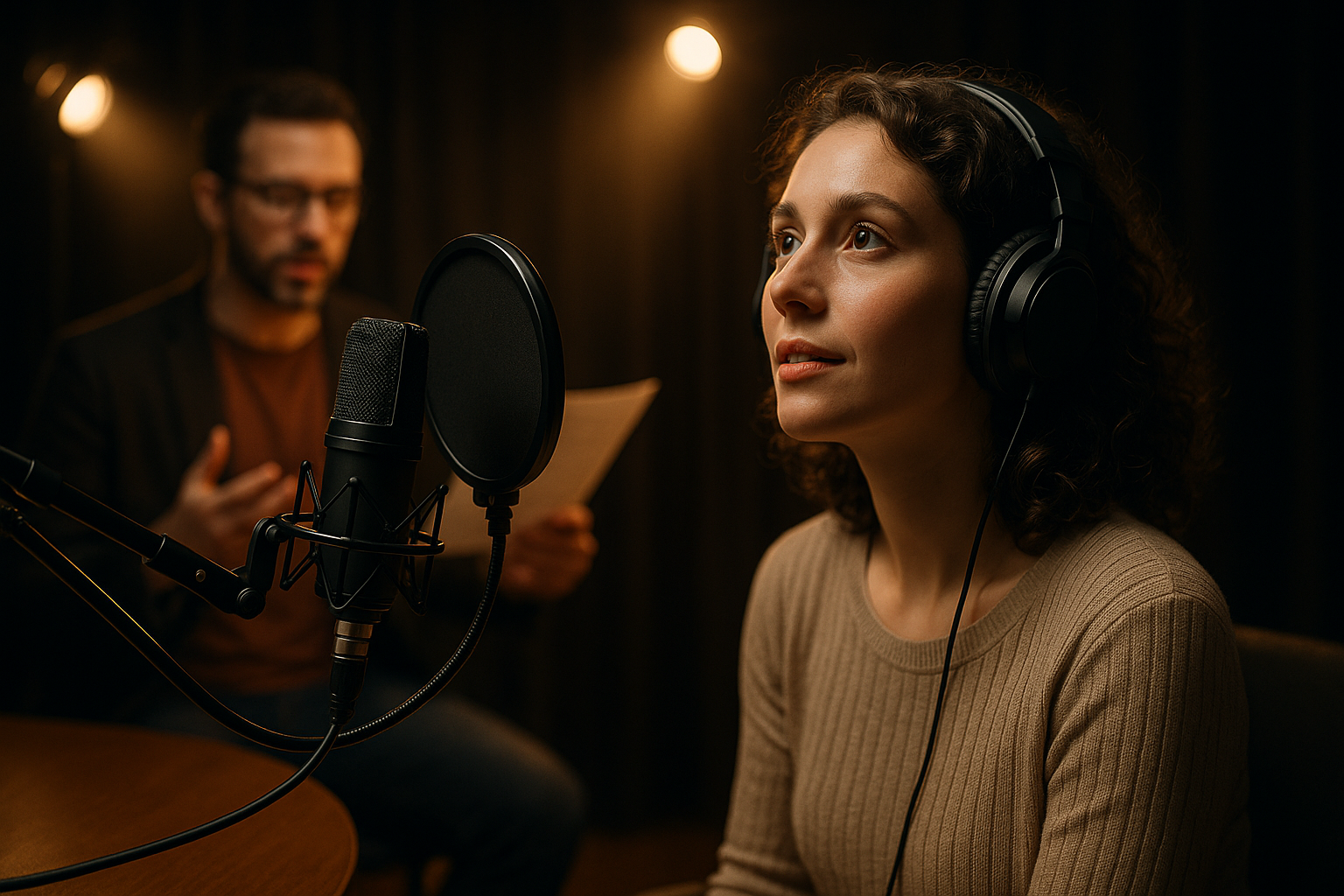Rediscovering the Magic in Opera: A Contemporary Take on a Timeless Art Form
Introduction: Opera, a centuries-old art form, is experiencing a modern-day renaissance, drawing in a new generation of fans with its dramatic performances, powerful music, and compelling storytelling. This article delves into the current opera landscape, exploring its evolution, recent developments, and the cultural impact of this artistic resurgence.

Opera: A Rich Historical Tapestry
Opera, with its roots in the late 16th century, has a rich and fascinating history. Born in Italy, opera quickly spread throughout Europe, continually evolving and adapting to reflect societal changes and artistic movements. From the grandeur of the Baroque era to the emotional intensity of Romantic opera, this art form has continually captivated audiences with its unique fusion of music, drama, and visual spectacle.
A Modern Revival
In the 21st century, opera has experienced a significant resurgence. New productions are pushing boundaries, combining traditional elements with modern innovations to appeal to a broader, more diverse audience. Contemporary composers are creating operas that tackle current social issues, reflect modern sensibilities, and incorporate diverse musical styles, garnering critical acclaim and expanding opera’s appeal.
The Impact of Digital Media
The digital age has played a key role in opera’s revival. High-definition broadcasts and live-streaming services have made opera performances accessible to millions worldwide, removing geographical and socio-economic barriers. Social media platforms have also been instrumental in promoting opera, engaging younger audiences and fostering a global community of opera lovers.
The Cultural Significance of Opera’s Resurgence
The resurgence of opera has had a profound cultural impact. It challenges the notion that opera is an elitist art form, instead highlighting its ability to tackle universal themes and stir deep emotions. This resurgence also underscores the relevance of traditional art forms in today’s fast-paced, technology-driven world, reminding us of the power of live performance and the enduring appeal of classical music.
The Future of Opera
With its adaptability and enduring allure, opera’s future looks promising. As more artists continue to innovate and experiment within this art form, audiences can expect an exciting blend of tradition and modernity in future productions. The rise of virtual reality and other digital technologies also offer new opportunities for immersive, interactive opera experiences, potentially transforming the art form in ways we can only imagine.
In conclusion, the world of opera is thriving, its timeless beauty and powerful emotion connecting with a new generation of fans. As it continues to evolve and adapt, opera reminds us of the enduring power of music and drama to touch our hearts, stir our emotions, and enrich our cultural lives. This is indeed a golden age for opera lovers and a fascinating time for anyone interested in the arts and entertainment industry.




